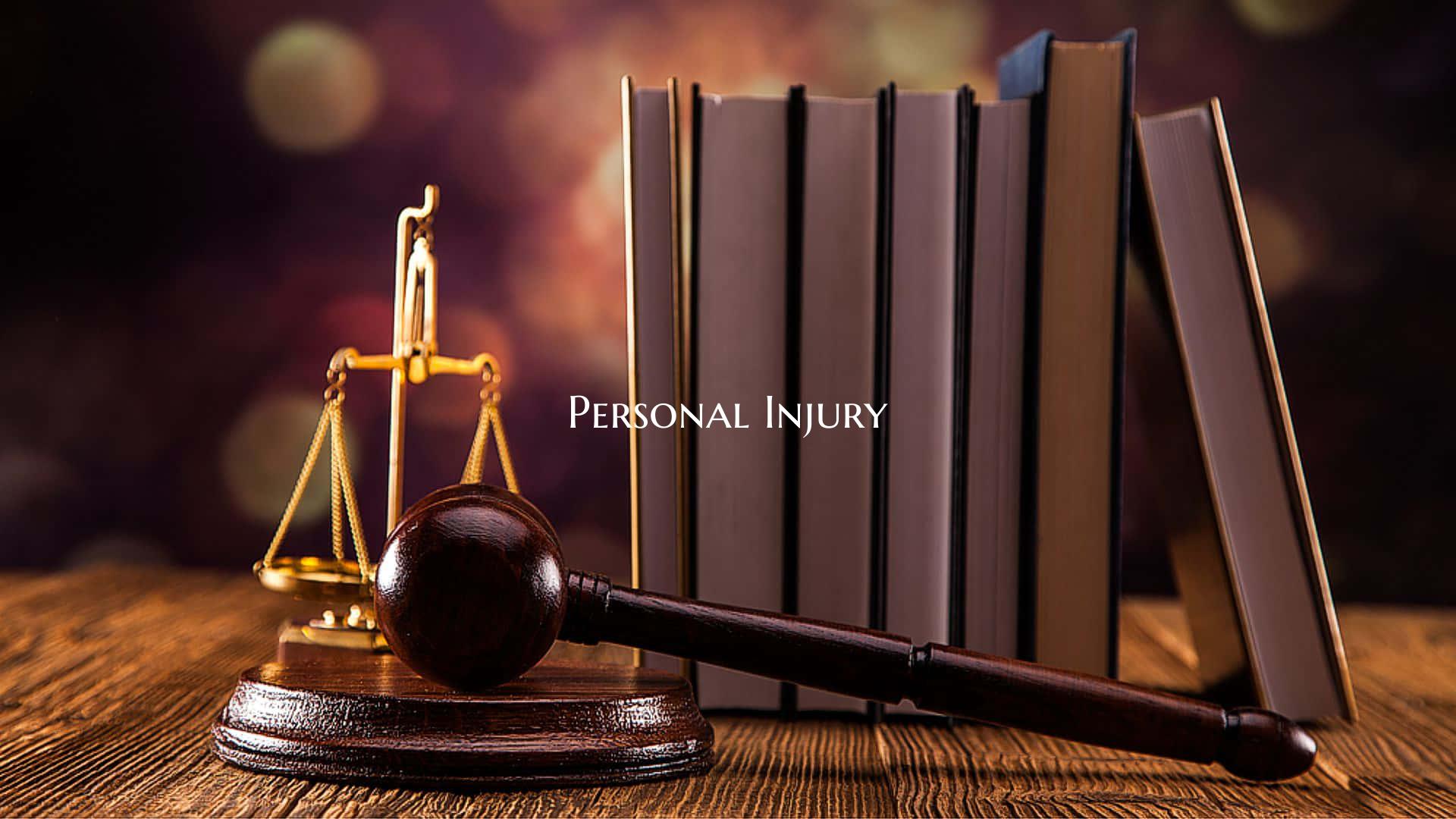
Personal Injury
Introduction: Personal injury claims arise when an individual suffers harm due to the negligence or intentional actions of another party. These cases can encompass a wide range of situations, including car accidents, slip and fall incidents, medical malpractice, and more. Navigating the complexities of a personal injury claim can be daunting, but with the right knowledge and support, individuals can seek the compensation they deserve. This guide serves as a comprehensive resource to help you understand the process of filing a personal injury claim and advocating for your rights.
Understanding Personal Injury: Personal injury refers to physical, emotional, or psychological harm suffered by an individual as a result of someone else's actions. In legal terms, a personal injury claim typically involves proving that the defendant acted negligently and that this negligence directly caused the plaintiff's injuries. It is essential to establish liability and quantify the damages incurred to build a strong case.
Steps to Take After an Injury: 1. Seek Medical Attention: Your health and well-being should be your top priority. Seek medical help immediately after an injury, even if symptoms appear minor. 2. Document the Incident: Keep records of the accident scene, take photos, gather witness contact information, and obtain a copy of any official reports filed. 3. Consult with a Personal Injury Attorney: An experienced attorney can assess your case, provide legal advice, and guide you through the claims process.
Filing a Personal Injury Claim: 1. Notification: Notify the responsible party (or their insurance company) of your intent to file a claim. 2. Investigation: Gather evidence to support your claim, such as medical records, witness statements, and expert testimonies. 3. Negotiation: Engage in settlement negotiations with the opposing party to reach a fair compensation agreement. 4. Litigation: If a settlement cannot be reached, consider filing a lawsuit and pursuing your case in court.
Types of Damages: In a personal injury claim, damages may include: - Medical expenses - Lost wages - Pain and suffering - Property damage - Emotional distress
Importance of Legal Representation: Working with a skilled personal injury attorney can significantly increase your chances of a successful claim outcome. An attorney can help protect your rights, navigate complex legal procedures, and negotiate with insurance companies on your behalf.
Conclusion: Personal injury claims can be challenging to navigate, but with the right guidance and support, individuals can seek justice and compensation for their injuries. By understanding the process of filing a claim, gathering evidence, and seeking legal representation, you can effectively advocate for your rights and pursue the compensation you deserve. Remember to prioritize your health, document the incident, and consult with a reputable attorney to ensure the best possible outcome for your personal injury case.
